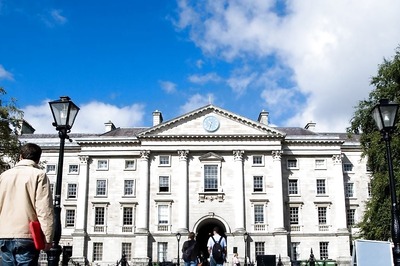
views
The Kerala High Court has held that entering into a second marriage during the subsistence of an ex parte divorce decree from the first does not constitute the offence of bigamy, even if the decree is subsequently set aside.
Justice A Badharudeen delivered the verdict while hearing two criminal miscellaneous petitions filed under Section 482 of the Code of Criminal Procedure. The case involved a man who married for the second time on December 30, 2017, after obtaining an ex parte divorce decree from his first wife on May 12, 2017. The first wife filed a petition to set aside the ex parte decree on December 27, 2017, and the decree was eventually set aside on March 5, 2018. The first wife then filed a criminal complaint alleging bigamy against her husband and his parents.
The court considered the primary question “whether a marriage solemnized during operation of an ex parte decree of divorce of the earlier marriage, would amount to the offence of bigamy, when the ex parte decree of divorce is subsequently set aside?”
The court held that “there was no legal barrier to solemnize a second marriage on the date of the second marriage.”
“When there is decree of divorce and one among the parties to the decree marries during the subsistence of the ex parte decree, even though the ex parte decree happened to be set aside on a subsequent date, no offence of bigamy would attract,” the HC stated.
The court observed that on the date of the second marriage, there was no legal marriage subsisting between the accused and the complainant due to the operation of the ex-parte divorce decree. It also noted that the accused was unaware of the petition filed to set aside the ex-parte decree when he entered into the second marriage.
The court emphasised that “the 1st accused (husband) married during the period of operation of the ex parte decree, that too, after the expiry of the period to set aside the ex parte decree and to file appeal challenging the ex parte decree. In such a case, it is not safe to fast criminal culpability upon the 1st accused, who married for the second time, since no valid marriage subsisting on the date of the second marriage.”
Ultimately, the court quashed the criminal proceedings against the accused and his parents, ruling that no penal consequences under Sections 494 (bigamy) and 109 (abetment) of the Indian Penal Code would be attracted since there was no subsisting legal marriage on the date of the second marriage.



















Comments
0 comment